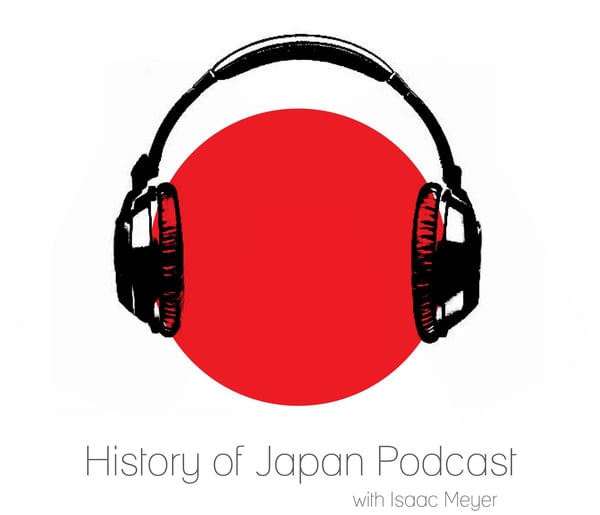Episode 65 - An Unnatural Intimacy, Part 3
History of Japan
Isaac Meyer
4.8 • 744 Ratings
🗓️ 23 August 2014
⏱️ 23 minutes
🧾️ Download transcript
Summary
This week, we'll delve into the origins of Japan's war with China and the strain that conflict placed on Japan's relationship with the US. In the course of the 9 years from the invasion of Manchuria to the second appointment of Konoe Fumimaro as Prime Minister, Japan will become bogged down in an unwinnable war and find itself facing a far more assertive United States.
Transcript
Click on a timestamp to play from that location
| 0:00.0 | Hello and welcome to the History of Japan podcast, episode 65, An Unnatural Intimacy, Part 3. |
| 0:24.6 | Last week, we left off with the London Naval Conference. The 1930 conference was the last |
| 0:30.3 | time before World War II, when Japan really acted as a member in good standing of the |
| 0:35.5 | international system assembled by the United States |
| 0:38.3 | after World War I. We've talked quite a bit in previous episodes about what came next, but here's a |
| 0:44.8 | brief refresher. By 1931, more militantly minded members of the Japanese society and the military |
| 0:51.5 | were convinced that the American-dominated global order was doomed |
| 0:55.2 | to failure, and that Japanese attempts to go along with it were weakening the nation. |
| 1:01.2 | One of the most powerful bastions of this radicalism was the military force charged with |
| 1:05.4 | defending the northern border of Korea, the Qantong or Guangdong Army. The first from the older Wade-Giles system, |
| 1:14.7 | the second from the newer Pining system. The only correct way to pronounce the name is Guangdong, |
| 1:21.7 | but because most Americans don't know how Wade Giles is actually pronounced, quite if you say |
| 1:26.2 | Guangdong. I'm going to use Guangdong, because it's more correct, |
| 1:30.4 | and because I'm afraid some of my Chinese teachers will hear this |
| 1:33.2 | and send me angry emails. |
| 1:35.8 | Anyway, this force already had a tremendous amount of autonomy. |
| 1:40.3 | Members of its officer corps had been meddling in Chinese internal politics for years. |
| 1:45.5 | They had a very broadly defined responsibility to defend Japan's position in Korea and northeastern China, |
| 1:52.1 | one that they interpreted very liberally. |
| 1:55.4 | Taking advantage of this freedom, a group of officers led by Doihara Kenji, |
| 2:00.1 | the opium-addicted general I mentioned in the episodes |
| 2:02.8 | on the rise of the Imperial Army, and another officer named Ishihara Kanji, a staff officer in the |
... |
Please login to see the full transcript.
Disclaimer: The podcast and artwork embedded on this page are from Isaac Meyer, and are the property of its owner and not affiliated with or endorsed by Tapesearch.
Generated transcripts are the property of Isaac Meyer and are distributed freely under the Fair Use doctrine. Transcripts generated by Tapesearch are not guaranteed to be accurate.
Copyright © Tapesearch 2025.

